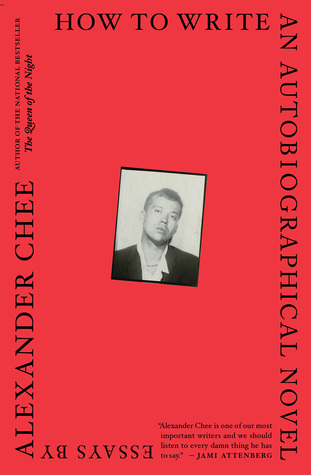View all notes
We are not what we think we are. The stories we tell of ourselves are like thin trails across something that is more like the ocean. A mask afloat on the open sea.
There were moments before the memory's return when I experienced what I now understand as its absence as not a gap but a whole other self, a whole other me. [...]
[...] He had called the station from inside the first tower to describe what was happening. The host quickly thanked him for calling in and then said, in a bit of a panic, Why are you on the phone with me? Why aren't you on your way down?
You don't understand, the man said. The whole center of the building is gone. I can't go down. That's why I'm calling.
I don't know how to describe the feeling I had in the silence that followed, except that it was approximately the length it would take you to read this sentence aloud.
[...] The point of it is in the possibility of being read by someone who could read it. Who could be changed, out past your imagination's limits. Hannah Arendt has a definition of freedom as being the freedom to imagine that which you cannot yet imagine. The freedom to imagine that as yet unimaginable work in front of others, moving them to still more action you can't imagine, that is the point of writing, to me. You may think it is humility to imagine your work doesn't matter. It isn't. Much the way you don't know what a writer will go on to write, you don't know what a reader, having read you, will do.
I wanted to lead my students to another world, one where people value writing and art more than war, and yet I knew then and I know now that the only thing that matters is to make that world here. There is no other world. This is the only world we are in. This revisable country, so difficult to change, so easily changed.
My first workshop with her was a revelation. I’d put up my application story—most of us did at some point—with the idea that it was the best I had. She saw straight through it, the way it was a mix of the autobiographical (I really had been in a coven in high school, with my high school boyfriend) and the fantastical (I did not ever help the police find lost children with clairvoyant dreams). I had tried, crudely, to make something out of a Dungeons & Dragons group I’d been in back in high school, but I hadn’t done the work of inventing a narrator who was whole and independent of me. Deborah drew lines around what was invented, and what was not, with a delicate pencil, and patiently explained to me how what we invent, we control, and how what we don’t, we don’t—and that it shows. That what we borrow from life tends to be the most problematic, and that the problem stems from the way we’ve already invented so much of what we think we know about ourselves, without admitting it.
not totally sure what i should take away from this tbh
[...] workshops: you meet people there you’d never meet otherwise, much less show your work to, and you listen to them talk about your story or your novel. These are not your ideal readers—they are the readers you happen to have. Listening to their critiques forces you past the limits of your imagination and also your sympathies, and in doing so takes you past the limits of what you can reach for in your work on your own. A fiction writer’s work is limited by his sense of reality, and workshop after workshop blows that open by injecting the fact of other people’s realities.


